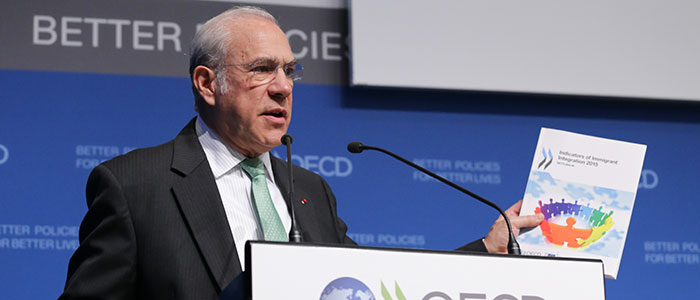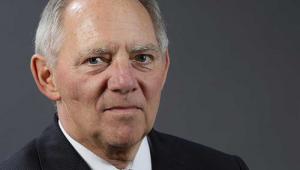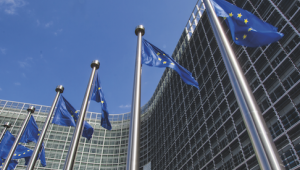angel_gurria_oecd.jpg

OECD chief Angel Gurría Credit: OECD/Andrew Wheeler
Speaking in Denmark yesterday, the think-tank chief stressed that making free international trade and cooperation work for all will only succeed if it is set in the context of inclusive growth.
“We need more and better international cooperation to address problems such as a race to the bottom in market standards, market distorting behaviour [such as subsidies for state-owned enterprises], aggressive tax avoidance and irresponsible business conduct,” he stated.
His remarks came a day after US president Donald Trump unveiled sweeping tax cuts, including slashing corporation tax by more than half, in a plan critics decry as a massive giveaway to businesses and the wealthy at the expense of the average American.
Trump is also the most prominent political figure in a shift towards greater protectionism that can be seen across the world.
But Gurría said a retreat from openness would be “damaging”, echoing similar warnings from the leaders of other international institutions including the International Monetary Fund and the World Bank.
Instead, trade and investment deals should include more robust standards, including provisions on labour, social and environmental questions and issues such as state-owned enterprises.
“Providing people with adequate income support in the case of negative contingencies is vital, but not enough,” he continued. “What is needed is an empowering state. Social protection systems must become social enabling systems.”
As well as making it easier for workers to participate in global production and adapt to rapid changes, he said this entailed a focus on gender inclusion, the integration of migrants and early childhood education, as well as governments doing more to listen and engage with people’s concerns.
“Openness is worth preserving: it is bringing greater prosperity, peace, innovation, diversity and cultural exchange,” he concluded. “It is worth defending, but we may only succeed in doing so if we ensure that its benefits are more widely shared.”













